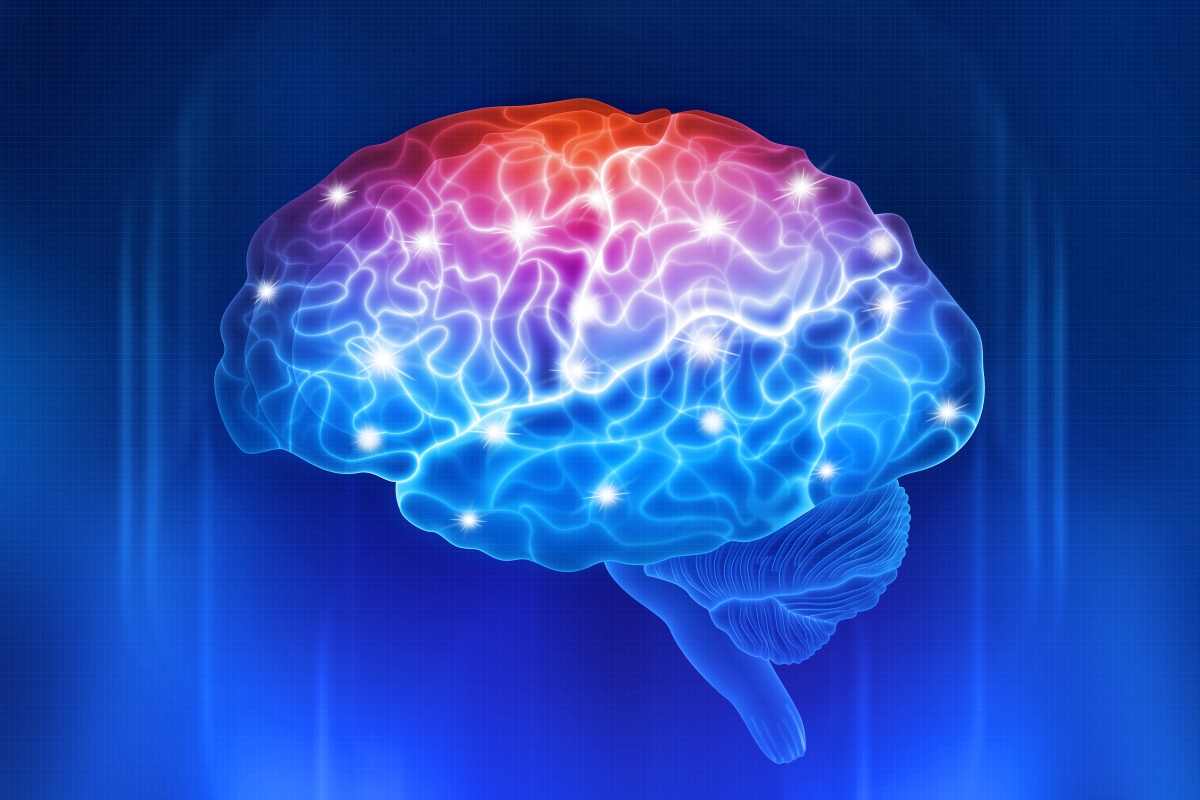Withdrawal from extended, intermittent access to a highly palatable diet impairs hippocampal memory function and neurogenesis: effects of memantine
Intermittent access to palatable foods may promote compulsive eating, cognitive impairments and reduced hippocampal plasticity, but this 2020 preclinical study explores its effects on hippocampal function and neurogenesis. The male Wistar rats were fed either chow for 7 days/week (named the Chow/Chow group) or fed chow intermittently for 5 days/week with the remaining 2 days on a palatable diet (Chow/Palatable Group). Ferragud et al. (2020) assessed hippocampal function and neurogenesis either during withdrawal or following the reintroduction of palatable foods. Additionally, the study determined if the uncompetitive N-methyl-d-aspartate receptor (NMDAR) antagonist memantine can prevent the diet-induced memory deficits and inhibit the maladaptive feeding. The chow/palatable group of rats showed bias in opting for a “novel cue” over a “novel place” and performed poorer in terms of contextual spatial processing, compared with control. The study also revealed reduced expression of immature neurons in the dentate gyrus of the hippocampus and a withdrawal-dependent drop in proliferating cells among the chow/palatable group. When these rats were treated with memantine, their excessive consumption of palatable foods dropped, the memory deficits were reversed, and the withdrawal-induced hypophagia were reduced. These findings demonstrate that withdrawal from palatable foods may cause NMDAR-dependent deficits in hippocampal function and a reduction in hippocampal neurogenesis. [NPID: brain, compulsive eating, cognitive impairments, hippocampus, neurogenesis, memory, palatable foods]
Year: 2020
 Navigation
Navigation






